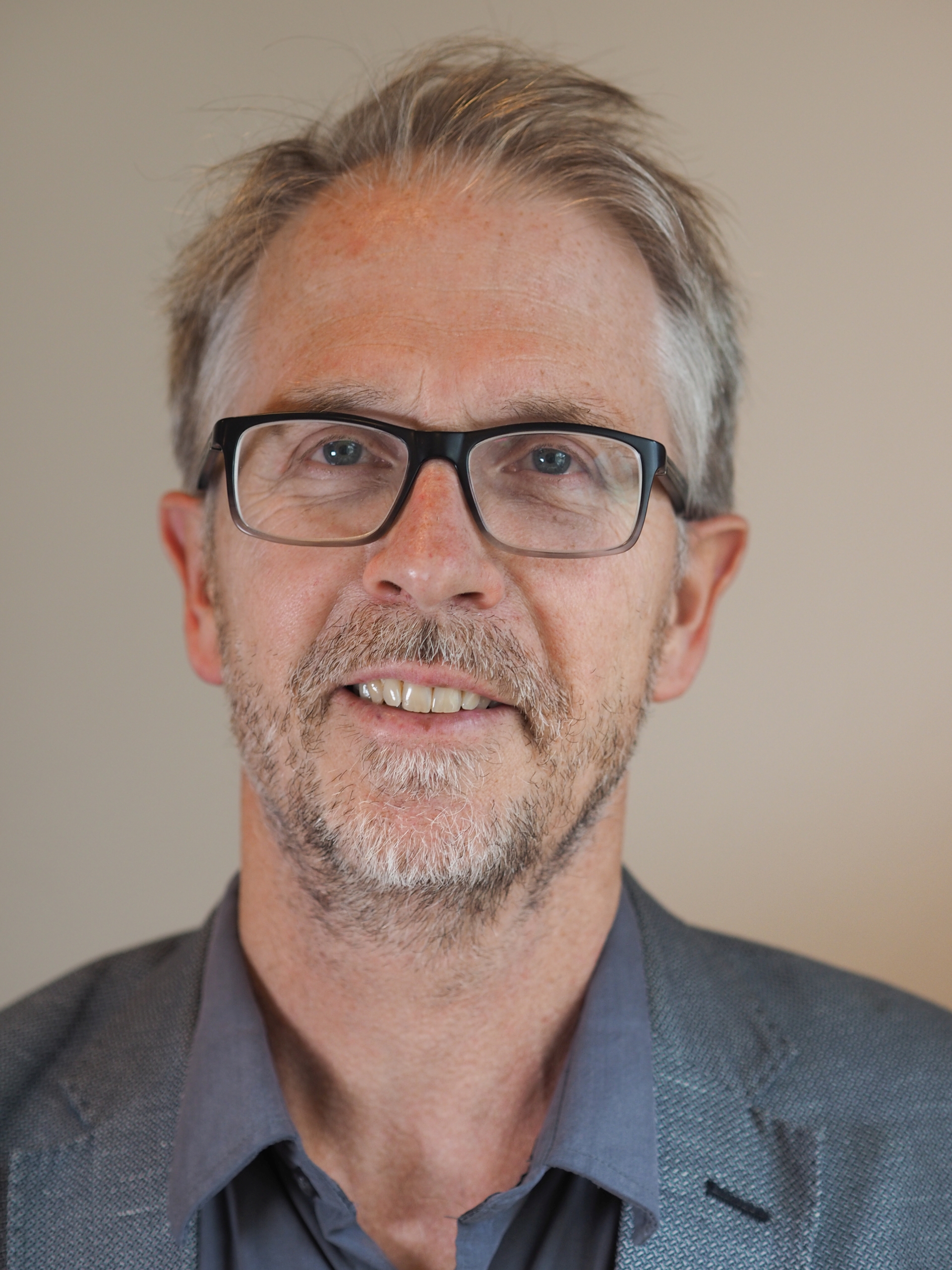AU stepping up virus research with extensive funding from the Carlsberg Foundation
Working with researchers from Health, the University of Copenhagen and Statens Serum Institut, as well as DKK 25 million (EUR 3.3 million) from the Carlsberg Foundation, Professor Jørgen Kjems from the Department of Molecular Biology and Genetics and the Interdisciplinary Nanoscience Center (iNANO) is developing methods to diagnose, treat and prevent SARS-CoV-2 infection. The aim is also to help the world resist future viral epidemics.


The coronavirus epidemic is tightening its grip on the whole world, and there is an urgent need to develop new methods to limit similar outbreaks in the future. For this reason, the Carlsberg Foundation has granted DKK 25 million in research support towards fighting both the current and future virus epidemics.
The grant is for a recently assembled group of Danish researchers in proteins, vaccines and diagnostics from Aarhus University, the University of Copenhagen and Statens Serum Institut.
Their task is to rapidly find a new vaccine against Covid-19, based on a promising but untested vaccine concept. Furthermore, the research group aims to develop a diagnostic test and alternative treatment options based on new, so-called aptamer technologies (see the fact box).
Starting in secured facilities
Although Aarhus University has closed its labs and thus its physical research activities in order to limit the spread of coronavirus, the university is currently working on opening secured research facilities. This is an extraordinary step in the current situation and it allows researchers at AU to contribute towards solving the global coronavirus crisis:
Fact box
Jørgen Kjems on aptamers: "In order for a virus to take over control of our cells, it has to pass through the cell membrane, and this is exactly the initial step in the infection process that we want to block. To do this, we’ve developed a new type of aptamer. These are small DNA-like molecules similar to antibodies. They can be designed to specifically bind all proteins on the surface of the corona virus, and with this we hope that the medicine will also work against future coronaviruses.”
“I'm looking forward to getting started as soon as possible on this project, which comes in the wake of the serious situation facing Denmark at the moment. We’re uniting across several disciplines to solve these tasks with brand new innovative methods. Although we may be too late for the current epidemic, I’m certain that, with this research effort, we’ll be in a much stronger position next time a virus ravages the world,” he says.
Three tools are still needed
From AU, Professor Søren Riis Paludan from the Department of Biomedicine is also taking part. He explains his group's role in the project.
"We’ll be testing the anti-viral effects of antibodies and aptamers on viral replication. To do this, we’ll set up so-called sensitive assays for SARS-CoV2 replication to distinguish an effective treatment from a less effective or ineffective treatment."
The research project is being initiated because at least three tools are still needed to bring the current pandemic under control.
One is better and simpler tests to diagnose patients and to assess the spread of infection, including the development of what is known as “herd immunity” in the population. The second is anti-viral pharmaceuticals for specifically treating Covid-19 patients. And of course the third is a vaccine to prevent the disease.
The grant is for prevention
In light of the experts' assessment of the possibility of a second wave of the epidemic in the autumn, there is an urgent need to engage research resources that can prevent a repeat of the serious situation facing the world right now. This is the conclusion of the Carlsberg Foundation chair of the board, Professor Flemming Besenbacher in a press release on the grant.
“The Carlsberg Foundation has moved fast and put together a team of the very best Danish researchers within the relevant research fields to help fight the Corona virus and Covid-19 disease – both in relation to the current pandemic as well as future ones. It’s now evident that we are utterly challenged in several areas regarding our knowledge about virus and its ability to spread. And that preparations that could have been done before the outbreak were not done. We would like to help prevent a similar situation from happening again.”
The research project is headed by Professor Ali Salanti from the University of Copenhagen. Professor Jørgen Kjems is the group leader at Aarhus University and Professor Michael Theisen is the group leader at Statens Serum Institut.
Read the press release from the Carlsberg Foundation on the grant here.
Contact:
Professor Jørgen Kjems,
iNANO and the Department of Molecular Biology and Genetics
Email: jk@mbg.au.dk
Mobile: +45 2899 2086
